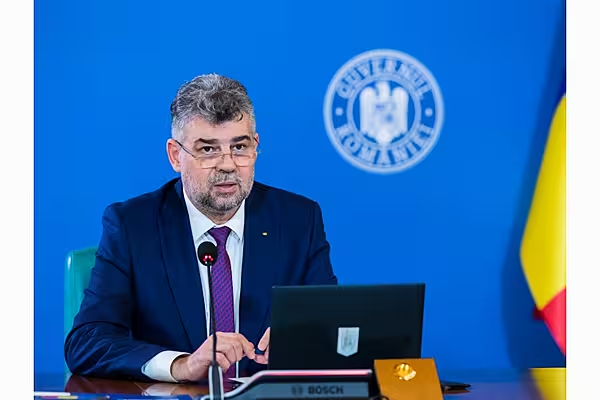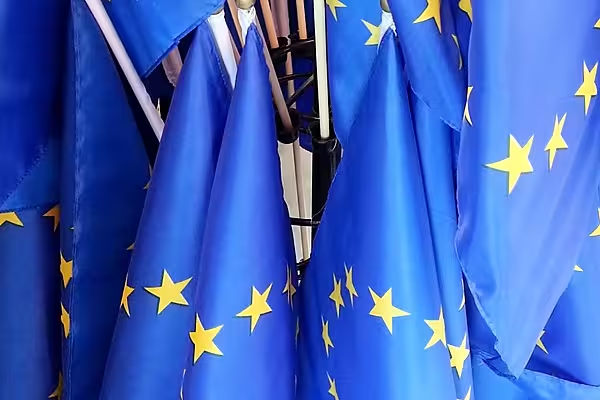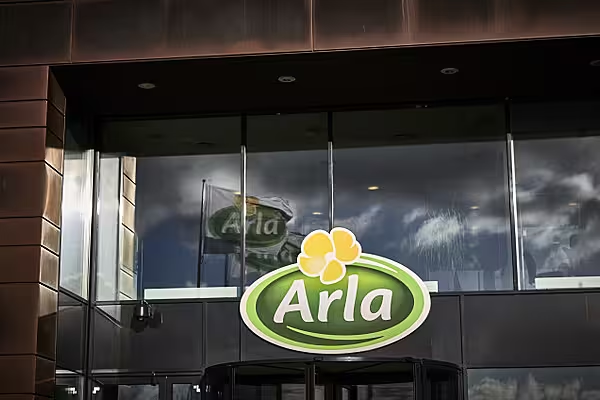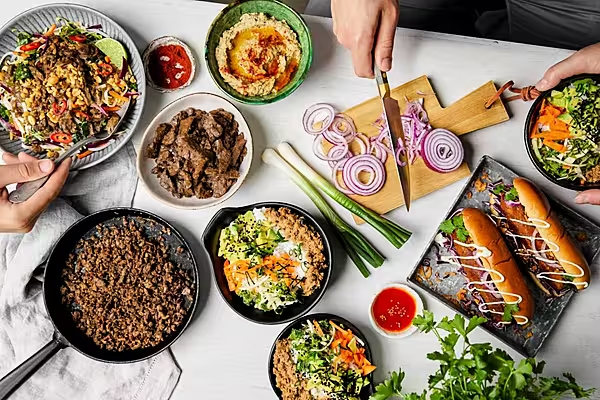Romania’s new government has approved an emergency decree that introduces a mechanism to cap basic food prices.
According to Prime Minister, Marcel Ciolacu, this is the just the first measure to reduce the prices of 14 basic food products, with the aim of boosting the purchasing power of Romanians.
The decision follows consultations between the government and the Association of Large Commercial Networks in Romania (AMRCR) with a view on establishing a voluntary mechanism to reduce prices on a number of basic foodstuffs across the entire product chain.
The list of basic food products that will see their prices reduce include bread, milk, cheese, meat, eggs, flour, cornflour, oil, fresh fruit and vegetables.
Food processors will be allowed a maximum 20% markup over the production cost of the product. The markup applied cumulatively by the entire distribution chain can be a maximum of 5% over the purchase price, while the markup charged by retailers and cash-and-carry operators is capped at 20% over the purchase price.
'An Honest And Fair Partner’
Ciolacu thanked the large retailers for being ‘an honest and fair partner’, expressing satisfaction that the ‘fight to counter the price hike has become a shared goal.’
However, he pointed out that fair pricing is not enough and that it is necessary to also boost production and processing capacity.
With this in mind, the government also approved an aid scheme worth €600 million for Romanian food producers that make investments in processing units.
Farmers have already voiced their concerns about possible negative indirect effects the scheme might have on them.
The minister of agriculture, Florin-Ionut Barbu, sought to reassure them by promising that there will be no cap on price setting for farmers and there will be no intervention ‘in any way’ regarding the setting of market prices.
He added that one of his main goals is to increase the availability of Romanian food products in supermarkets and therefore to curb the current agri-food trade deficit which reached €2 million.
However, PM Ciolacu rejected a proposal by the finance minister, Marcel Bolos, on cutting of the VAT rate for basic food products, explaining that the idea is not viable.
Ciolacu pointed out that every similar proposal in the past failed to result in the desired outcome, adding that even the VAT 0% proposal that has been mooted would not be accepted by the European Commission.
© 2023 European Supermarket Magazine – your source for the latest Supply Chain news. Article by Branislav Pekic. Click subscribe to sign up to ESM: European Supermarket Magazine.














